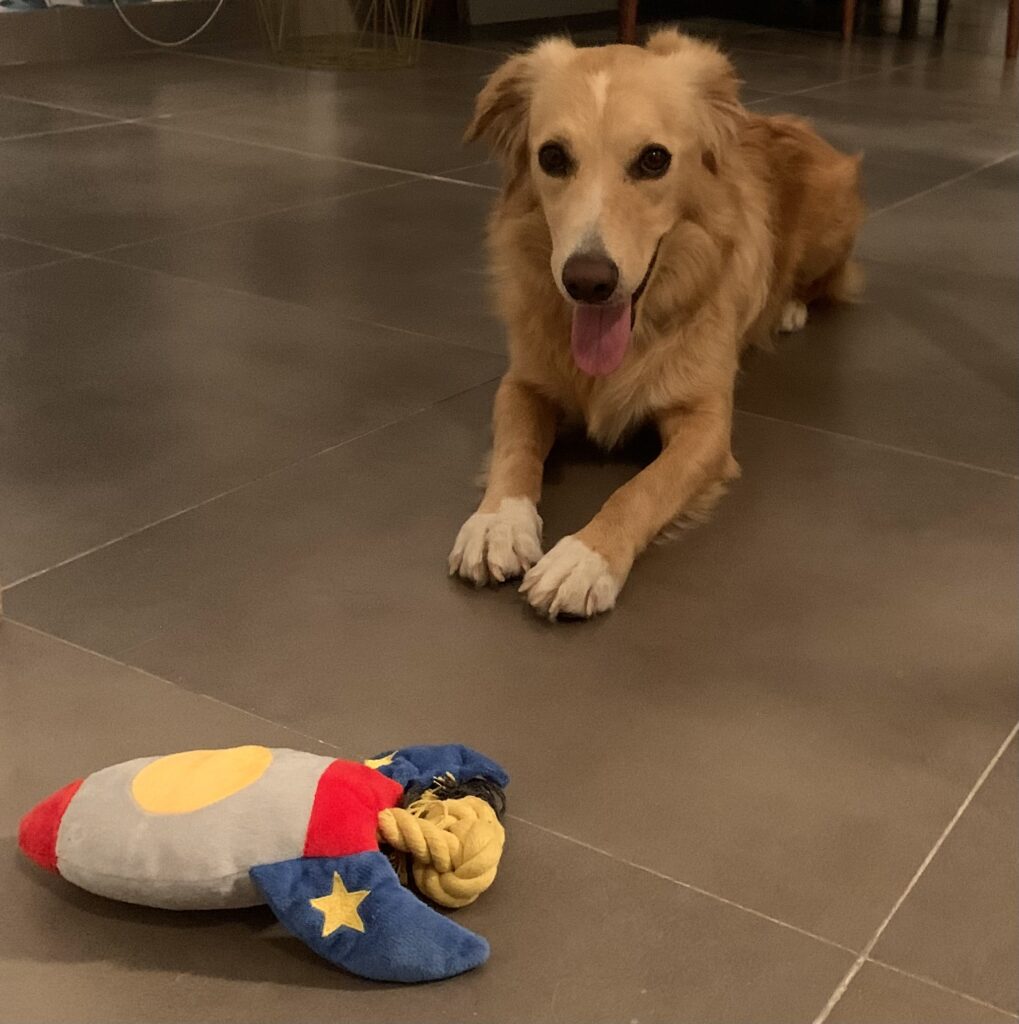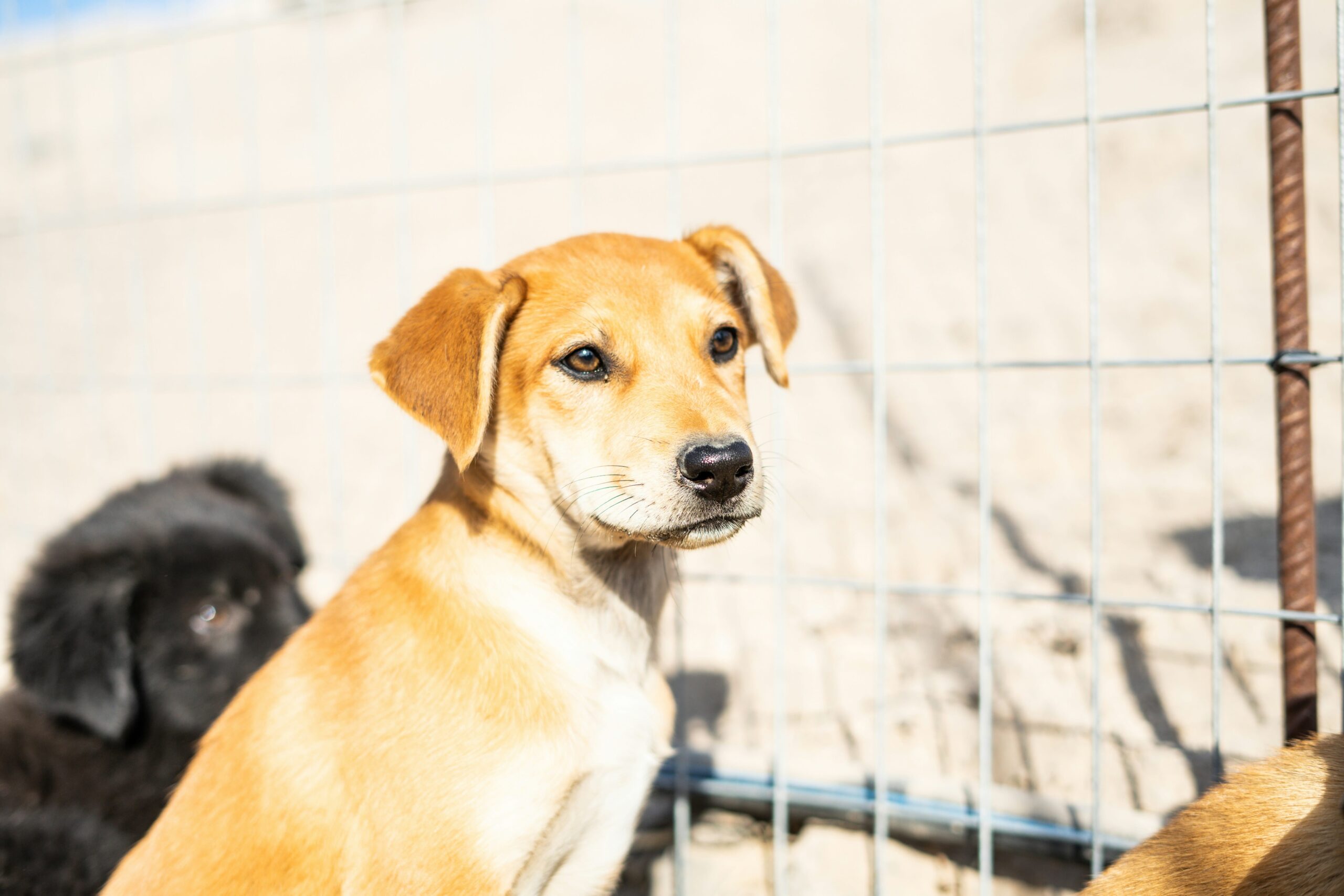Bringing a furry friend into your life is an exciting and heartwarming experience, and adopting a dog from a shelter or rescue organization can be a particularly rewarding choice. When you adopt a dog, you often receive a treasure trove of unconditional love, loyalty, and boundless joy. However, sometimes, you may find yourself pondering an intriguing question: Can you change a dog’s name after adoption? The answer is a resounding yes! In this article, we’ll explore the ins and outs of renaming your newly adopted canine companion while maintaining a playful and approachable tone.
The Importance of a Name
Much like humans, a dog’s name becomes an integral part of their identity. It’s the word they respond to, the signal for attention, play, and love. When adopting a dog, you might encounter situations where their given name doesn’t quite suit their personality or your preferences. That’s when the idea of renaming your furry friend becomes appealing.
Why Rename Your Dog?
Several reasons might prompt you to consider changing your dog’s name post-adoption:
1. Personalization
You want a name that reflects your dog’s unique personality, quirks, or traits. A personalized name can strengthen the bond between you and your four-legged companion.
2. Trauma or Negative Associations
In some cases, rescue dogs may have had traumatic experiences or negative associations with their previous name. Changing their name can help them move forward and leave the past behind.
3. Simplification
If your dog’s original name is complex or difficult to pronounce, choosing a simpler name can make it easier for both you and your pup.
4. Transition from a Shelter Environment
Dogs from shelters or rescue organizations may have been exposed to a variety of names. Renaming them can signify the start of a new, loving chapter in their lives.
New Name New Life

Original Name: Zeus
Current Name: Rocket
How old was Rocket when I adopted him? 1 year and 6 months old
Why did I change Rocket’s name? The rescue association renamed him. They never disclosed the reasons to me, but after being rehomed twice, it was suggested that his name be changed to avoid potential adopters realizing that the same dog was being re-listed.
I only discovered his ‘real name’ was Zeus when I adopted him. I had been calling him ‘Rocket’ with no response, and it was at that moment the staff explained his name was actually Zeus. I chose to continue to call him Rocket as I had spent 1 month, pre adoption, referring to him as Rocket. The name Zeus didn’t seem to suit him as much so we started his new life with a new name.
Steps to Renaming Your Dog
Now that you’re convinced that renaming your dog is a possibility, let’s go through the steps to do it effectively:
1. Choose a New Name
Select a name that resonates with you and suits your dog’s personality. It should be easy to pronounce and relatively short (one or two syllables work best). Don’t rush this decision; take your time to find the perfect name.
2. Introduce the New Name Gradually
Begin using the new name alongside the old one. This gradual transition allows your dog to become familiar with the new name without confusion.
3. Positive Associations
Associate the new name with positive experiences. Use it during playtime, feeding, and cuddling. Reward your dog with treats and affection when they respond to their new name.
4. Consistency is Key
Consistency is crucial in the renaming process. Ensure everyone in your household uses the new name consistently to avoid confusion.
5. Patience and Persistence
Be patient with your dog during this transition. It may take some time for them to fully respond to their new name. Consistent practice and positive reinforcement will go a long way.
6. Phase Out the Old Name
Once your dog consistently responds to the new name, you can gradually phase out the old one. Use it less and less until it becomes a distant memory.
Legal Considerations
It’s important to note that legally changing your dog’s name isn’t typically required. Dog licensing and identification are usually linked to your contact information, not your dog’s name. However, it’s always a good idea to update the information with your local authorities, as well as with the vet and any pet-related services.
FAQs
1. Can I really change my dog’s name?
Absolutely! Your dog’s name isn’t set in stone. You can choose a new name that better suits your furry friend’s personality or your preferences.
2. How do I pick the perfect name for my dog?
Finding the right name can be a fun process. Consider your dog’s personality, appearance, or any special traits. Test out a few names to see which one your pup responds to with the most enthusiasm.
3. Should I consult my dog about the new name?
Well, not exactly. Your dog won’t be able to give you verbal feedback, but you can gauge their reaction to the new name during training. If they perk up when they hear it, that’s a good sign!
4. What if my dog doesn’t respond to the new name right away?
Patience! It might take some time for your dog to adjust. Be consistent with the new name and use positive reinforcement to help them associate it with good things.
5. Can I legally change my dog’s name?
Legally, dogs are more concerned about their humans’ contact information. Your dog’s name isn’t typically a legal matter. However, it’s wise to update their name with your local authorities, vet, and pet services for record-keeping purposes.
6. What if my dog already knows their old name?
No worries! You can gradually transition to the new name by using both names together. Over time, phase out the old name as your dog becomes more familiar with the new one.
7. Are there any naming rules I should follow?
Keep it simple! Short names with one or two syllables work best. Avoid names that sound too similar to common commands like “sit” or “stay” to prevent confusion.
8. Can I change my dog’s name multiple times?
While it’s possible, it’s best to avoid frequent name changes. Consistency helps your dog feel secure and comfortable. Changing their name too often could lead to confusion.
9. What if my dog came from a shelter with an unknown name?
If your dog doesn’t have a known name, you have a blank canvas to choose the perfect name that resonates with you and your pup.
10. Will my dog hold a grudge if I change their name?
Not at all! Dogs are incredibly forgiving and adaptable. They’re more interested in your love and care than what they’re called.
Remember, renaming your dog is a delightful adventure that allows you to put your own personal stamp on your furry friend’s identity. Have fun with it! 🐕❤️

